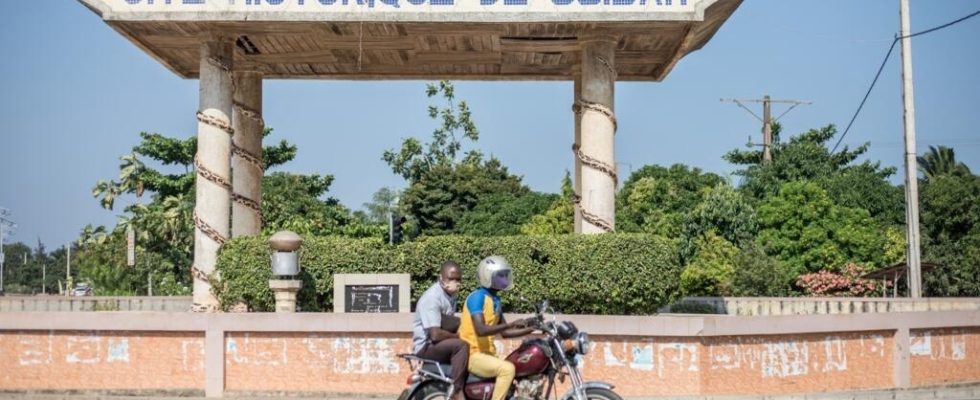Many Afro-descendants from around the world could soon acquire Beninese nationality. The government presented a bill to the Council of Ministers on Wednesday, May 8, which defines the conditions for obtaining it. These people could neither vote nor work in the public service, but it is a recognition of possible descendants of Beninese victims of the slave trade until the 19th century. Because Benin was one of the countries that suffered the most from this crime.
2 mins
With our correspondent in Cotonou, Jean-Luc Aplogan
Validated on Wednesday May 8 in the Council of Ministers, the project will be transmitted to the National Assembly. We still don’t know all the details. It is difficult not to make a connection between this subject and the slave trade. In its justification, the government asserts that it has “ left deep wounds on Africa and the descendants of those deported “.
Benin is cited as a country that suffered from the slave trade for centuries. The town of Ouidah, on the coast, was a port of embarkation for slaves. Beninese President Patrice Talon develops memorial tourism on this pastand this since he came to power.
This is to help the “ deported » to find a link with their origins that the law was initiated, explains the government. Can benefit from it “ any person in the world who, according to their genealogy, has sub-Saharan African ancestry deported from the continent as part of slavery “.
These people could be found, among other places, in Haiti, Brazil, the Caribbean or even the United States.
Definitive recognition subject to a stay in the country
In the stipulated process, the candidate must make a request by providing proof of Afro-descent through official civil status documents, authenticated testimonies or DNA tests. If eligible, a Beninese passport valid for three years is issued, an acquisition by recognition. But obtaining the final nationality certificate is subject to the obligation to stay in the country a few days before the expiry of the passport.
Behind this project, there is a tourist interest and an approach of valorization and recognition. Patrice Talon recently visited Martinique and decided to send troops to Haiti. On January 10, 2024, he launched “Vodun Days”, an event which attracted several Afro-descendants.
Read alsoSlavery: the countries that apologized and those that did not
